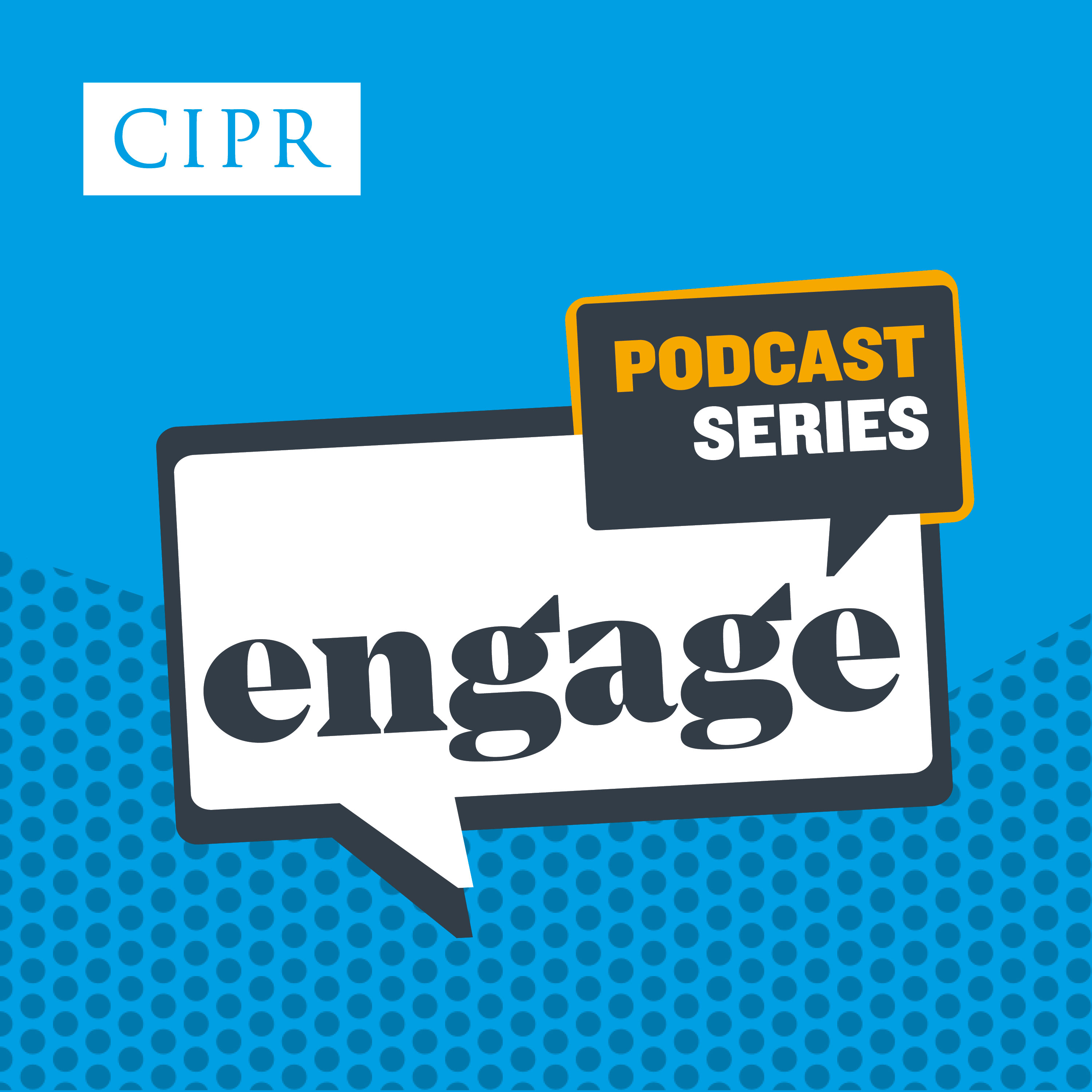
Bite Size Comms
Bite Size Comms is a weekly podcast that will give you a perspective on an aspect of public relations and communications practice. Bite size as they are short opinion pieces on topical issues. The episodes are sometimes contentious, sometimes funny, and they all aim to provoke thought.
Thanks for listening.
Bite Size Comms
Are you a sense maker?
The concept of sensemaking involves collecting data and scrutinising it for trends and patterns that point to better solutions, “the hidden leadership and communication superpower”. We discuss this leadership and public relations skill.
Are you a sensemaker?
I joined the excellent CIPR Crisis Communications Network webinar on Reputation, Risk and Resilience. Rod Cartwright analysed recent global reports on this topic, and other speakers added commentary. Rod outlined ten themes coming out of the reports, most pretty scary:
- geopolitics - the looming shadow
- misinformation and polarisation - the terrible twins
- cyber security - a threat to yesterday, today and tomorrow
- climate catastrophe - real, present and extremely dangerous
- the economy - a collective and individual fear
- human impacts - the long tail of a collective global trauma
- ESG - a priority in principle but not in practice
- the evolution of science and innovation - technology with a human face
- business - stepping in where governments fear and fail to tread, and
- the polycrisis and interconnected risk - a new and crucial intersectionality.
Rod then presented ten challenges. One struck me as critical in our turbulent times. It is also a positive skill and has a clear role in public relations practice. I am talking about sensemaking.
If you study great leaders of organisations, you will probably say they had a vision and could positively change their organisation and its culture. Rarely would you say that they had the capability of sensemaking. Sensemaking is defined by Professor Deborah Ancona of the MIT Sloan School of Management in the USA as “pulling together disparate views to create a plausible understanding of the complexity around us and then testing that understanding to refine it or, if necessary, abandon it and start over”. Sensemaking has been recognised as vital to the success and survival of organisations since Karl Weick introduced the term in 1979.
Prof. Ancona says that leaders need to know what’s happening around them to drive organisations forward. This task is more challenging today than ever, given the fast change in global issues (re-examine the list above) and consumer tastes. For example, there may be a clear disrupted supply chain issue and also a more hidden shift in consumer desire for particular products. That intelligence can help inform strategic organisational decisions. We can also apply the concept of sensemaking to the public and not-for-profit sectors.
You may be wondering where public relations comes into this. Good PR practice should monitor global, national, and local issues that impact the organisation. It should monitor what its stakeholders say about it and its products or services — relaying this intelligence and counselling the organisation's leaders, a prime role of a Chief Communications Officer (CCO). PR academics call this horizon scanning in an open systems environment. As PR practitioners, you probably do this without giving it a stylised name.
The concept of sensemaking involves collecting data and scrutinising it for trends and patterns that point to better solutions. Rod describes sensemaking as “the hidden leadership and communication superpower”.
“The overlooked key to leading through chaos”, is how Prof. Ancona describes it.
Do you have a sensemaking attitude and mindset, as well as the systems in place to collect information and data on what is happening outside of your organisation so that you, too, can harness the hidden power of contextual sensemaking?
[Image: Joshua Sortino on Unsplash]





